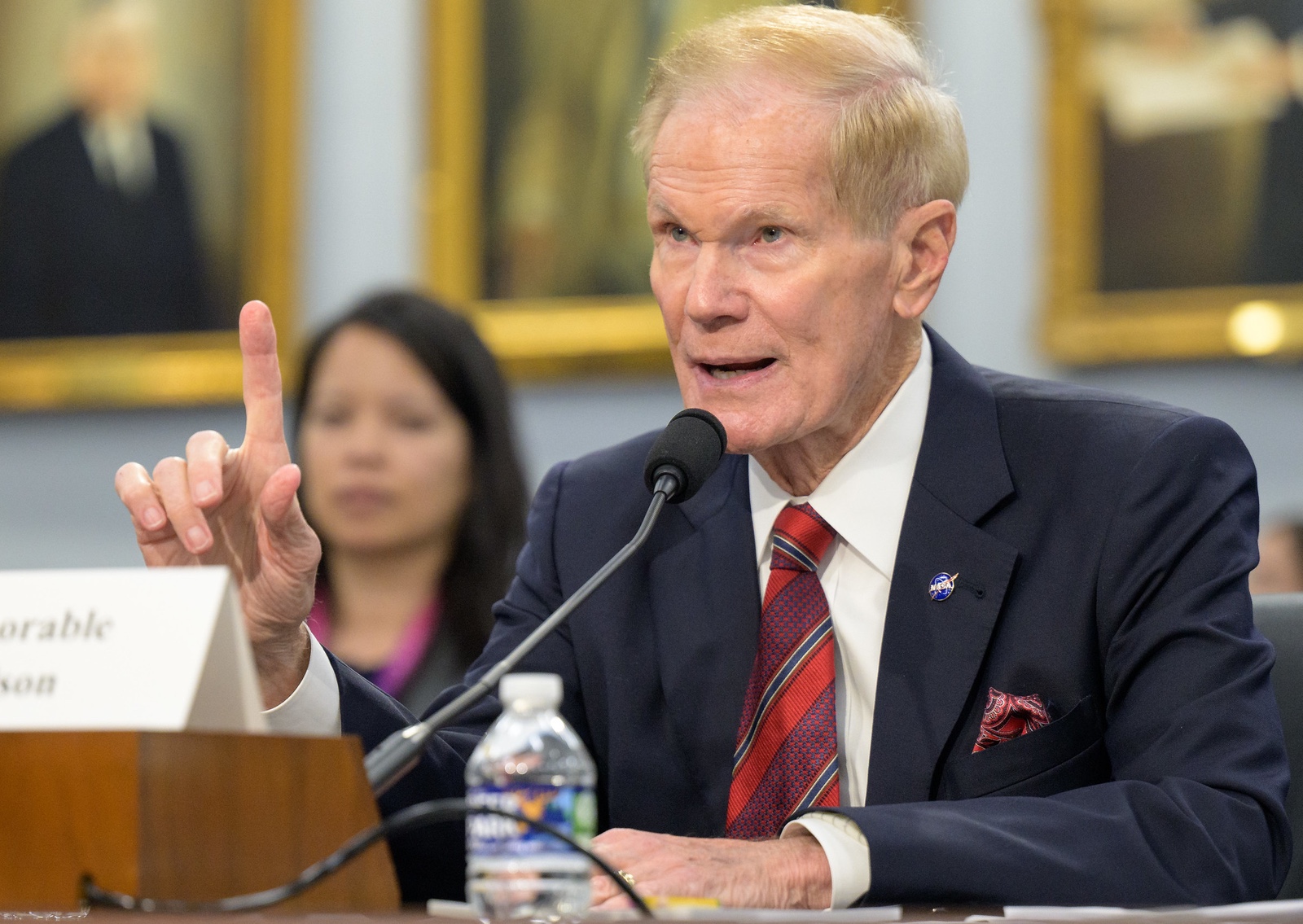Nelson supports continuing constraints on NASA cooperation with China
 Travel
Travel COLORADO SPRINGS-- NASA Administrator Bill Nelson stated he supports continuing present constraints on the firm's capability to deal with China in spaceflight as he alerts of a "area race" in between the nations.
Nelson informed members of your home Appropriations Committee's commerce, justice and science subcommittee at an April 19 hearing about NASA's proposed 2024 spending plan that he felt the so-called "Wolf Amendment," which dramatically limits bilateral cooperation in between NASA and Chinese companies, ought to be kept.
"I believe the Wolf Amendment, as it's composed, is sufficient," he stated when asked by Rep. Robert Aderholt (R-Ala.) if it must be reinforced. "I believe the Wolf Amendment suffices for where it is right now."
The change, consisted of in yearly appropriations costs because 2011, does enable NASA to work together in restricted scenarios supplied there is a security evaluation and congressional notice. Nelson provided one example of that cooperation in conversations 2 years ago concerning "deconfliction" of the orbits of China's Tianwen-1 Mars orbiter with NASA spacecraft orbiting the world.
He revealed little desire, however, to broaden cooperation, pointing out an absence of openness in actions like current Long March 5B launches that left core phases in orbits that led to unrestrained reentries. "I would hope that China, the Chinese federal government, would lastly pertain to understand that they've got to be more open and transparent about all of their things falling back to Earth which we might comply together," he stated.
He likewise restated remarks about competitors with China in area expedition. "Not the like Apollo, however we're in an area race with China," he stated when asked by the subcommittee's chair, Rep. Hal Rogers (R-Ky.), if there was an area race in between the U.S. and China.
"China has, in the last 10 years, developed a really effective human area program," Nelson stated, explaining advancement of China's spaceport station and long-lasting prepare for human objectives to the moon. "So, is that an area race? Yes, sir, I think it is."
He included, however, that NASA was not going back to the moon just to beat China there. "But there are other factors that we go to the moon, since we're going to Mars," he stated, explaining how future human lunar objectives will evaluate innovations and operations required for later objectives to Mars.
Later on in the hearing, he stated NASA and its partners required to get to the lunar south polar area, believed to harbor deposits of water ice, prior to China showed up and declared them. "We require to secure our interests going to an extremely crucial part of the moon's surface area," he stated when inquired about previous remarks along those lines by Rep. Dutch Ruppersberger (D-Md.)
"If you let China arrive initially," Nelson cautioned, "what's to stop them from stating, 'We're here, this is our location, you avoid.' That's why I believe it's essential for us to arrive on a worldwide objective and develop the guidelines of the roadway."
Downturn caution
There was little criticism, or important questioning, of Nelson by members of the subcommittee throughout the hearing. Rather, lots of members utilized the hearing to ask how more comprehensive political and financial concerns might impact NASA.
The hearing happened the very same day as House Speaker Kevin McCarthy (R-Calif.) revealed legislation to increase the financial obligation ceiling that would likewise lower federal discretionary costs to 2022 levels. Numerous Democratic members of the committee asked Nelson how that would impact NASA.
"A 22% cut or a continuing resolution that would leave the financing at the '23 level would trigger a downturn of programs at NASA throughout the board," Nelson informed Rep. Matt Cartwright (D-Pa.), ranking member of the subcommittee. The 22% figure was one quote of the prospective cut to non-defense discretionary costs if the decrease to 2022 levels omitted defense programs.
NASA had actually described the possible effects of such a cut in a letter in March to the leading Democrat on the complete committee, Rep. Rose DeLauro (D-Conn.) Nelson stated because letter that a 22% cut "would have destructive and possibly unrecoverable effects" to NASA programs, postponing or canceling numerous science and expedition objectives.
Your house hearing happened one day after a hearing by its Senate equivalent, where members stressed over the influence on science programs from expense development in Mars Sample Return. That subject did not show up in your home hearing till near completion, when Ruppersberger inquired about viewed spending plan cuts and possible hold-ups in the Dragonfly objective to Titan.
"We are still intending on releasing Dragonfly in '27. That has actually not altered," Nelson stated. "Right now, there is not any prepare for a cut in '24."
Find out more https://www.travelsaverxl.com/nelson-supports-continuing-constraints-on-nasa-cooperation-with-china/?feed_id=16394&_unique_id=644bcb1b5ef1b
Comments
Post a Comment